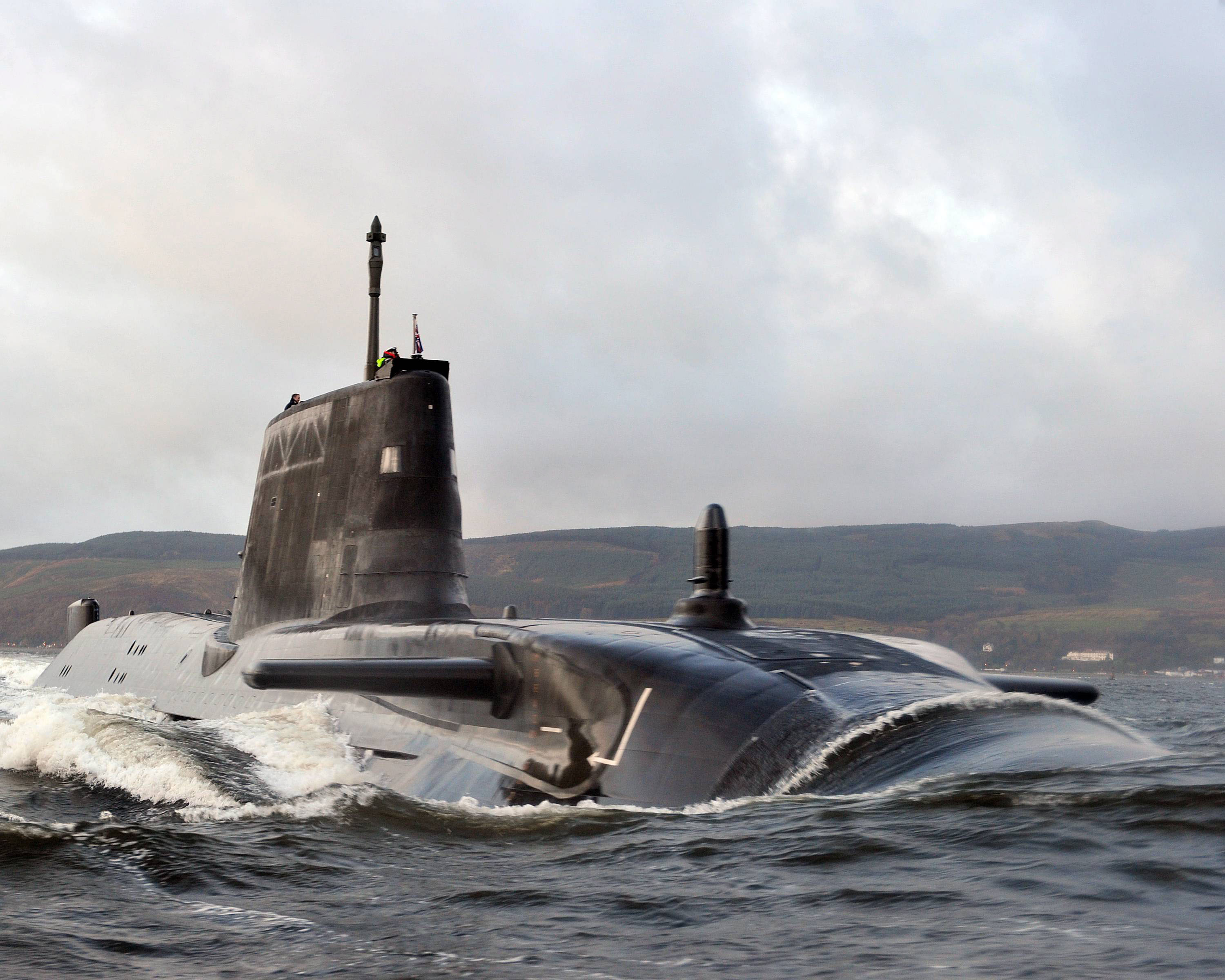Convinced the recovery in Tohoku will result in the birth of widespread corporate philanthropy in Japan, in the same way the 1995 Great Hanshin Earthquake prompted the proliferation of volunteerism, Peace Boat director Tatsuya Yoshioka spent a day in June shepherding a busload of businesspeople on a tour of Ishinomaki neighborhoods hit hardest by the March 11 tsunami. They'd travelled north from Tokyo for a weekend of volunteering under the auspices of the American Chamber of Commerce in Japan, many of whose members share a similar vision for importing corporate social responsibility (CSR) to Japan.
If Yoshioka's hunch is right, Peace Boat would stand to benefit immensely. They have emerged as the leader amongst a small group of Japan-based global nonprofits whose flexible, survivor-centered operations have allowed them to step in where a troublingly bureaucratic recovery apparatus has faltered, stranding more than ¥95 billion intended for victims in Red Cross and government coffers. If corporate donations begin flowing toward these groups, Peace Boat could receive the lion's share.
Yoshioka has invited corporate volunteer groups to Ishinomaki, Miyagi Prefecture, hoping donations will follow. Morgan Stanley, Denso and IBM have sent groups, among many others, but despite ongoing efforts to court donations from these companies, Peace Boat has managed to extract only a scant few. Recently-hired CSR officer Alice Brennan was nonetheless optimistic when we last spoke in late July, as the media spotlight was just beginning to focus on the enormous amount of money intended for survivors that had yet to be distributed.

















With your current subscription plan you can comment on stories. However, before writing your first comment, please create a display name in the Profile section of your subscriber account page.